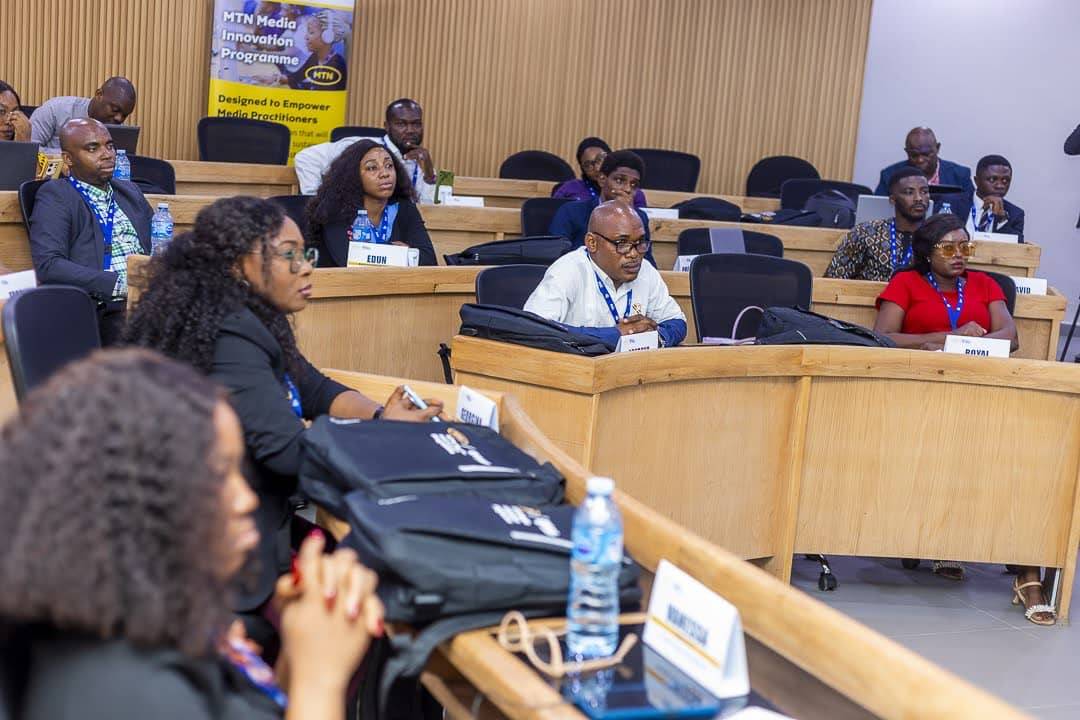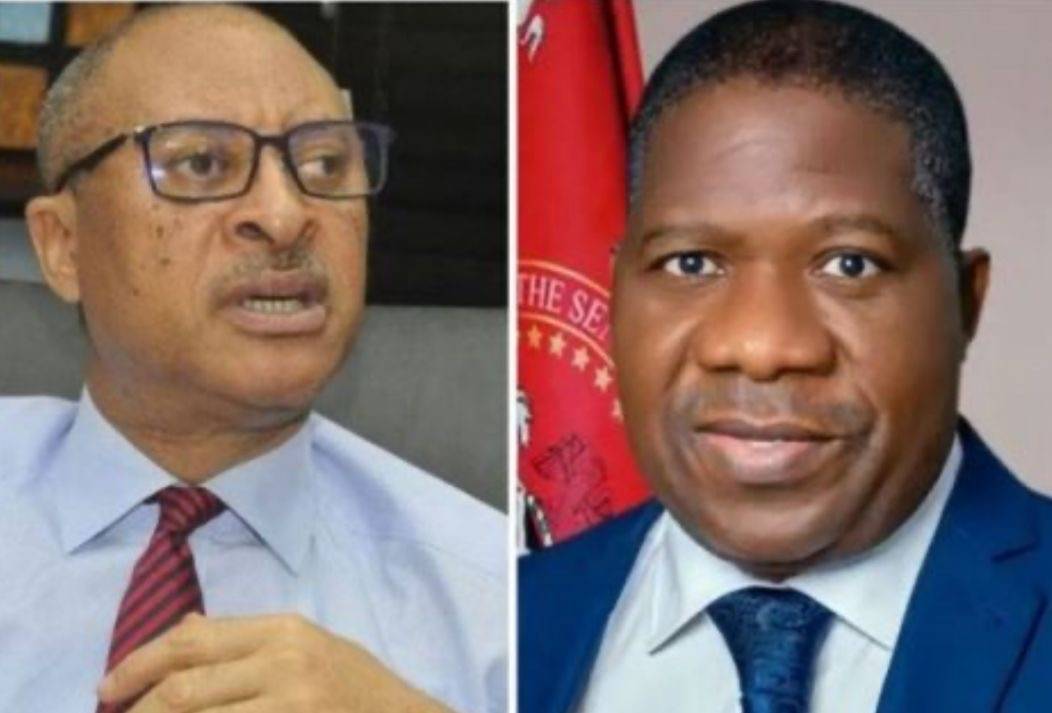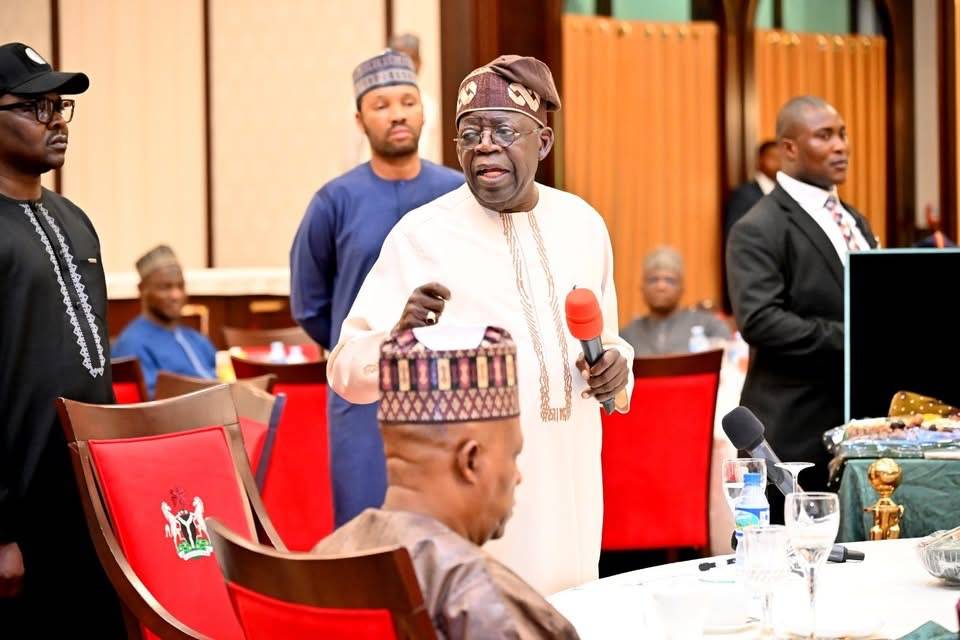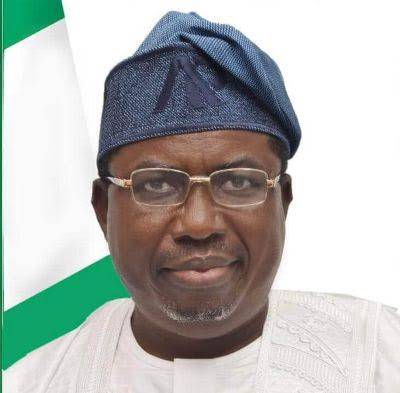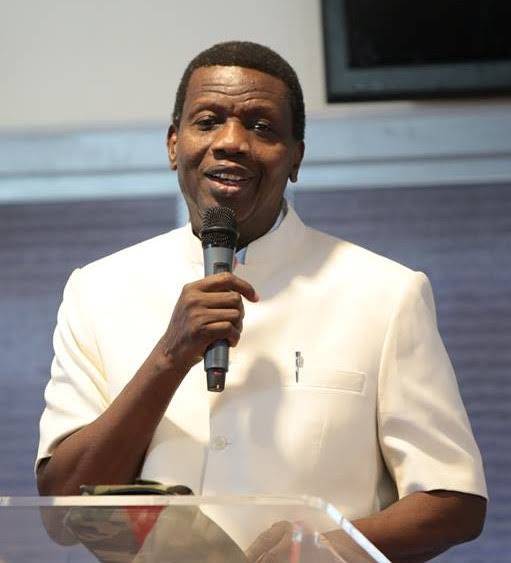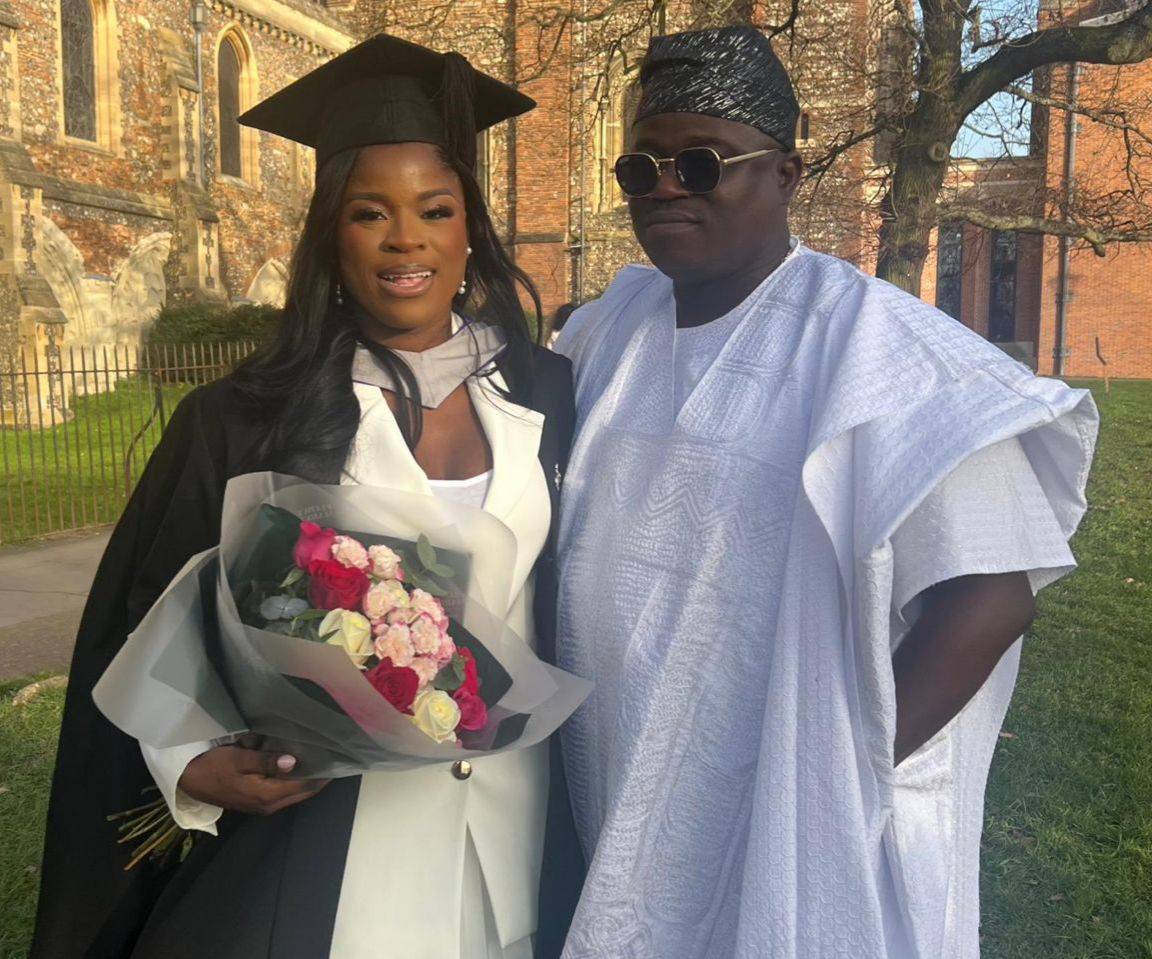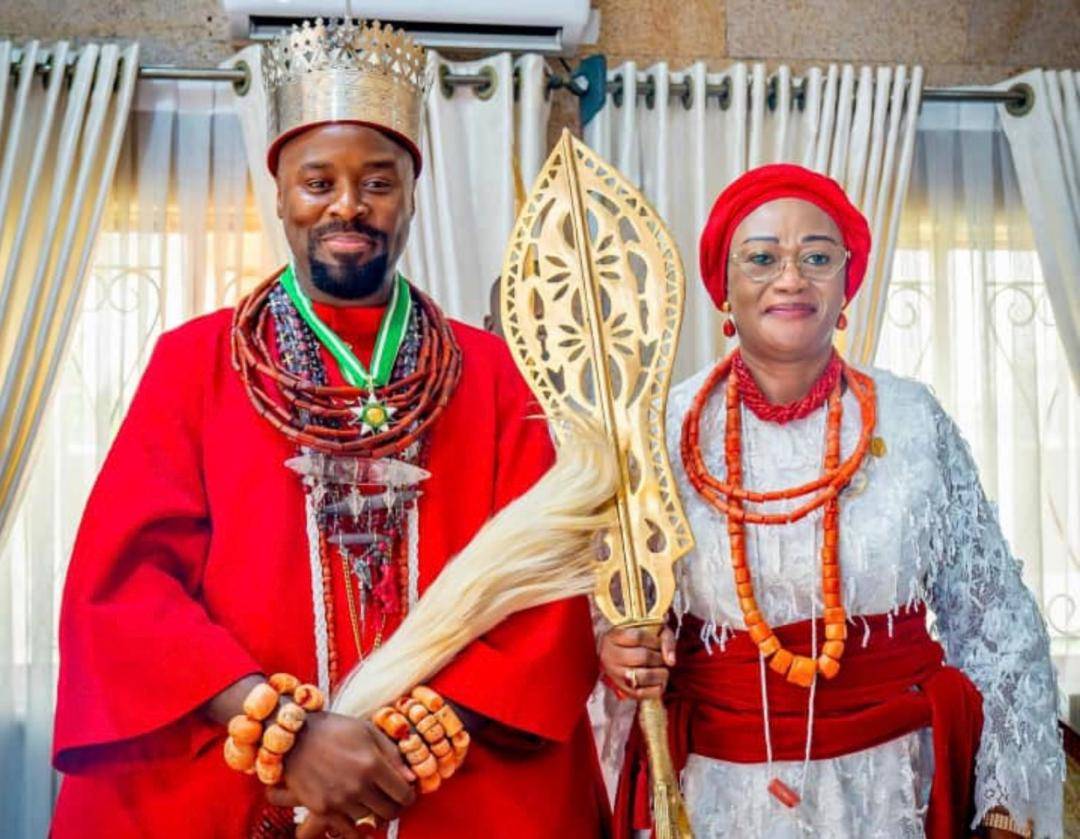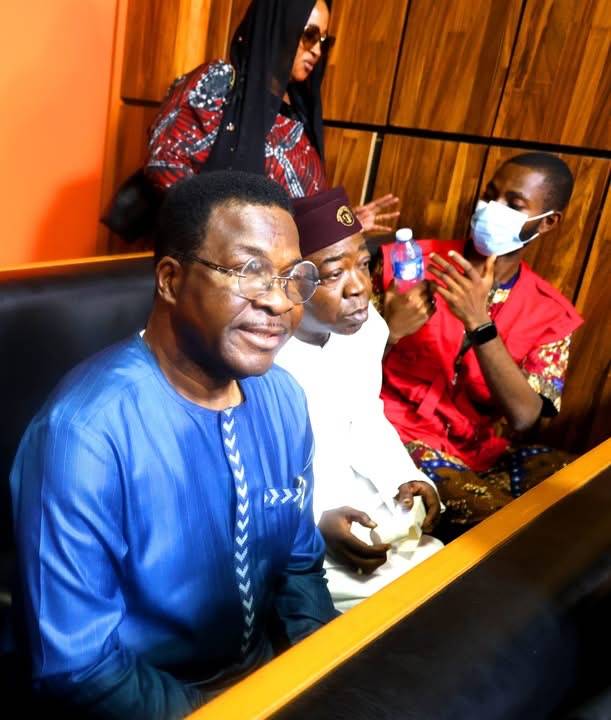…A New Dawn in Media Education
By Abolaji Adebayo
In the heart of Nigeria’s bustling economic capital, a revolution in media education has been quietly unfolding.
The School of Media and Communication (SMC) at Pan-Atlantic University stands as a beacon of academic excellence and ethical journalism, transforming the landscape of African media through its innovative approach to professional education.
The interlude of educative music spiced it up, the myriad of case studies from his own personal experiences as well as the intermittent reference to the happenings in the society especially politics made the lecture the unique one. Even without going back to the note, the lesson has continued to resonated in the memory of every fellow in the class.
Dr. Silk Ugwu Ogbu, Associate Professor of Management Communications, Director, Public Sector Initiative, Lagos Business School, is one of the best facilitators and lecturers positioning the University ahead of others in Nigeria with their call-to-action lectures.
Like others, Dr. Silk would engage every student in the class throughout his about 4-hour lecture. Indeed, it was an Emotional Intelligence which could be related to Artificial Intelligence.
Dr. Silk was one of the lecturers at the SMC, PAU who knew their honey when it comes to teaching, to educate the learners, to instruct the students and to properly mentor the mentees.
PAU SMC has deplored the best hands one can meet at the global level when it comes to teaching. They have laid the best standards for anyone who is lucky to attend the school, no wonder they restrict the number of their intakes every session, not because of insufficient facilities to take care of the plethora of students, but because they do not want to compromise their standards which is favourably competing and at some point beating the international standards.
“Infact, I had once planned to have an international education. I got admission to one of the foreign universities but I could not afford the tuition fees. My prayer was answered when I got admission to PAU for the MTN MIP,” one of the MIP fellows narrated.
“When I got to SMC at PAU, my orientation changed completely, my experience was top notch, it’s as if I have never been to University before despite having my Masters degree in one of the top Universities in Nigeria. PAU is totally a different experience of university education in term of academy, the environment, the building structures, the classroom setting, the feeding and the hospitality. This is unbelievable, I can’t imagine having such a university in Nigeria,” another fellow confessed.
Founded on the principle that media professionals carry the profound responsibility of shaping societal values and cultural life, SMC has emerged as Nigeria’s premier institution for media education, combining technical perfection with moral integrity to create a new generation of communication leaders.
Since its establishment, SMC has answered Nigeria’s growing need for media professionals who can navigate the complex interplay between information technology, cultural expression, and social responsibility.
The school’s vision extends beyond mere skill acquisition—it seeks to develop complete communicators who understand the power of their craft and wield it with wisdom, creativity, and respect for human dignity.
The Visionary Foundation: From Concept to Reality
The story of SMC begins with its predecessor, the Centre for Media and Communication (CMC), instituted in 2006 by the Pan-Atlantic University Council. The Council recognised both the critical role of media and entertainment industries in shaping societal values and their growing contribution to the Nigerian economy. The formal establishment of the School of Media and Communication was informed by the aspiration to train professionals who would uphold the highest intellectual, ethical and professional values that promote creativity, critical knowledge, technical perfection, social responsibility, and the spirit of enterprise.
The school’s foundation coincided with a transformative period in African media, as digital technologies began democratising information while simultaneously challenging traditional ethical boundaries. SMC positioned itself at this crossroads, committed to producing graduates who would not only master the technical aspects of their craft but also navigate the complex moral questions that accompany media power.
In 2006, Centre for Media and Communication was established, laying groundwork for formal media education. In 2012, the School partnered with University of Central Lancashire International to collaborate for quality assurance. In 2015, it got full accreditation of academic programmes recognition of meeting highest educational standards. The School introduced its PhD programmes in 2019, expanding to highest level of media scholarship. It later launched BSc in Strategic Communication Response to evolving communication landscape in 2025.
Academic Programmes
SMC offers a comprehensive educational pathway that begins with undergraduate studies and progresses to the highest academic qualifications. The school’s Bachelor of Science degree in Mass Communication provides students with a solid foundation in media theory and practice, while the newly introduced BSc in Strategic Communication addresses the evolving needs of the digital landscape. This innovative programme blends theoretical foundations with hands-on training, preparing graduates for a digital-first world through case studies, internships, and collaborative projects with industry leaders.
At the postgraduate level, SMC offers both full-time and part-time M.Sc. programmes in media and communication, designed for professionals seeking to enhance their expertise while continuing their careers. The crown jewel of their academic offerings is the PhD in Media and Communication, which aims to produce doctorate holders who can staff faculties in universities across Nigeria and beyond while contributing to research excellence in media studies .
The school’s professional non-degree programmes deserve special mention for their role in bridging the gap between academia and industry. These programmes, such as the MTN-MIP (Media Innovation Programme), have earned praise from participants for their transformative impact on professional capabilities.
As one of the participants, my experience during this programme is like I have not attended schools before. Each of the modules is unique, profound, and practical; as the facilitators are well experienced.
Mentors Shaping Media’s Future
The quality of any institution is ultimately measured by the quality of its educators, and in this regard, SMC stands apart. The school boasts of a distinguished faculty comprising scholars and seasoned professionals with extensive international exposure.
Dr. Chike Mgbeadiche, Programme Director for the MTN Media Innovation Programme, School of Media and Communication, Pan-Atlantic University, made a lead in this aspect.
Dr. Mgbeadichie is a Senior Lecturer and Head of the Department of Communication, Media and Cultural Studies at the Pan-Atlantic University, where he teaches critical thinking and cultural analysis.
Notable faculty members include Professor Albert Alos (first Vice-Chancellor of PAU), Professor Manuel Elegido (current Vice-Chancellor), Dr. Joe Bel-Molokwu (former Executive Secretary of APCON), and Dr. Ike Obiaya, among others.
The current Dean of the School of Media and Communication at Pan-Atlantic University is Dr. Ikechukwu Obiaya, exemplifies the SMC’s commitment to excellence in education. He was appointed to the position in March 2023, succeeding Dr. Ngozi Okpara, who served as Acting Dean during the transition period.
With a background in media and communication, Dr. Obiayahas turned the school around to greater heights.
Dr. Obiaya holds degrees in English and has a diverse practical background in the media, including work in broadcast and publishing.
He has also conducted studies on audience demographics and industry workers in the Nigerian film industry. He previously served as the Director of PhD Programmes at the School of Media and Communication before his appointment as Dean.
The former school’s acting dean, Dr. Ngozi Okpara, exemplified the SMC’s commitment to excellence in education. With a background in media and communication and educational psychology, Dr. Okpara teaches Professional Ethics in Media and Communication, Media, Human Person and Society, and Human Communication theory and practice.
Her teaching philosophy centers on equipping students to become critical thinkers and ethical human persons, viewing the classroom as a collaborative space where students build understandings through individual presentations and group discussions.
Dr. Okpara’s research interests reflect the school’s engagement with contemporary media issues, including media and communication ethics, the impact of digital media literacy on human communication, verbal and nonverbal communication of deception in the era of social media, and the ethics of artificial intelligence and robotics. Her work demonstrates how SMC faculty remain at the forefront of media scholarship while addressing pressing ethical questions in a rapidly changing technological landscape.
The faculty is further enriched by a galaxy of visiting professors drawn from leading universities worldwide, particularly Africans in the Diaspora, such as Prof. Onookome Okome (University of Alberta, Canada), Dr. Hyginus Ekwuazi (University of Ibadan), and Prof. Amiso George (Texas Christian University).
This international perspective ensures that SMC students receive education that meets global standards while remaining relevant to the African context .
Founding Dean: Professor Emevwo Anselm Biakolo’s Enduring Legacy
No story of SMC would be complete without honouring the memory of its founding dean, late Professor Emevwo Anselm Biakolo, whose vision and leadership shaped the school’s formative years. Professor Biakolo, who died last year, 2024, was more than an academic administrator; he was a scholar, mentor, and passionate advocate for family and human development whose legacy continues to inspire those whose lives he touched .
As the founding dean, Professor Biakolo played a pivotal role in establishing the school’s academic direction and ethical foundation. His approach to media education combined intellectual rigor with humanistic values, recognizing that technical skills without moral compass could do more harm than good in the media landscape. This balanced vision continues to inform SMC’s educational philosophy long after his passing .
Under Professor Biakolo’s leadership, SMC established its reputation for excellence and began building the international partnerships that would later strengthen its programmes. His commitment to creating an institution that would serve Nigeria’s developmental needs while meeting international standards set SMC on its path to becoming the leading school of media and communication in the country .
Industry Connections and Real-World Learning
What sets SMC apart from many academic institutions is its deep integration with industry practices and demands. The school has established robust partnerships with leading national and international organizations, including Samsung, DFID, British Council, Coca-Cola, and MTN . These collaborations provide students with opportunities for hands-on learning and professional networking that prove invaluable as they launch their careers.
SMC’s industry connections facilitate a continuous exchange between theory and practice. Professionals from various media fields regularly visit the campus to share their insights with students. For instance, Mrs. Edafe Onoriode, Communication Director at SKOT, recently delivered a compelling lecture to students, while renowned filmmaker Mr. Obi Emelonye (known for works such as ‘The Mirror Boy’) shared his expertise with the SMC community .
The school’s professional programmes are specifically designed to meet industry needs, offering training that enhances the skills of working professionals. These programmes have earned acclaim from participants across various sectors. One participant in the MTN-MIP programme remarked: “The MTN MIP has been expository 6-Months of really knowing what we thought we knew. Now I understand better what 5G, Metaverse, IOTs, Blockchain etc. are, courtesy of this programme. It is clearer to me what the future of media is in relation to emerging technology.”
Ethical Foundation
In an era of misinformation and ethical challenges in media, SMC’s commitment to ethical communication stands as one of its most distinctive features. The school strives to reflect the Christian identity of Pan-Atlantic University by ensuring that its teaching and research reflect the Christian conception of the human person and society, manifested in the recognition of the dignity of every person and concern for the good of society.
This ethical framework draws inspiration from the teachings of Saint Josemaría Escrivá, the founder of Opus Dei, emphasizing the dignity of work, unity of life, and freedom in line with responsibility. Importantly, while drawing on this spiritual foundation, SMC fully respects the freedom of individual consciences and is open to people of all creeds, races, and social conditions .
The emphasis on ethics is not merely theoretical but integrated throughout the curriculum. Courses like “Professional Ethics in Media and Communication” and “Media, Human Person and Society” directly address the moral dimensions of media practice, preparing students to navigate the complex ethical challenges they will face in their careers.
Looking Ahead: The Future of Media Education
As SMC continues to evolve, it remains committed to its founding principles while adapting to the rapidly changing media landscape. The introduction of new programmes like the BSc in Strategic Communication demonstrates the school’s responsiveness to industry developments . The recent matriculation of the 2025 class represents another step in SMC’s “transformative journey” as it welcomes “a new class of changemakers ready to shape the future.”
The school’s investment in research centers such as the Nollywood Studies Centre, the GfK International Centre for Market and Social Research, and the Centre for Leadership in Journalism (CLeJ) ensures that it will continue to contribute to knowledge production in media and communication studies. These centers provide platforms for interdisciplinary research that addresses Africa’s unique media challenges while engaging with global conversations.
International partnerships with institutions like the University of Central Lancashire (which pioneered journalism studies in 1897) and the University of Navarra ensure that SMC maintains the highest international quality standards while developing its distinct African perspective on media education .
A Legacy of Excellence and Ethics
The School of Media and Communication at Pan-Atlantic University has established itself as more than an educational institution—it is a crucible where media leaders are formed. By combining technical excellence with ethical formation, theoretical knowledge with practical application, and global standards with African relevance, SMC has created a unique educational model that addresses the profound needs of Nigeria’s and Africa’s media landscapes.
As the media world continues to undergo radical transformations driven by technological change, the need for the kind of education SMC provides becomes increasingly urgent. The school’s graduates enter the field not merely with skills but with vision and purpose, prepared to create media content that enlightens rather than manipulates, that builds up rather than tears down, and that serves the common good while respecting human dignity.
In remembering the words of one student who said, “My outlook on life, relationship and leadership skills applications have changed for the better” through SMC’s programmes, we see the ultimate measure of the school’s impact. It is not merely producing media professionals but forming individuals who will use their communication skills to make a positive difference in the world, a fitting tribute to the vision of its founding dean and a promise of continued relevance in the years to come.
Abolaji Adebayo, an ICT Editor at New Telegraph Newspaper, is MTN MIP-4 fellow.


